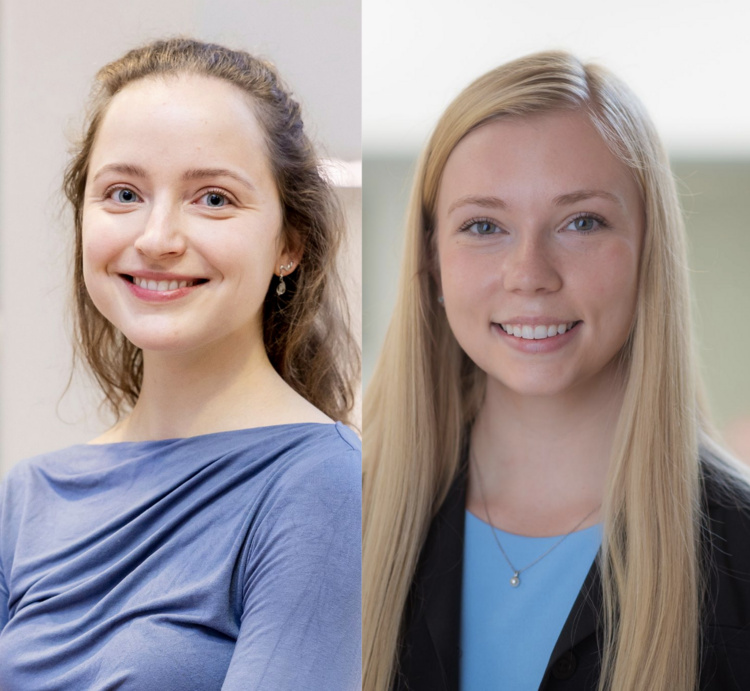
Cog Lunch: Greta Tuckute "Intrinsically memorable words have unique associations with their meanings" and Sadie Zacharek "The parent-child dyad in childhood depression"
Description
Greta Tuckute: Intrinsically memorable words have unique associations with their meanings
What makes a word memorable? Numerous factors, including lexical frequency, concreteness, imageability, and valence have been shown to affect recognition. One dimension that has not received sufficient attention is how uniquely a word picks out a particular meaning. If—as past work suggests—words are encoded primarily by their meanings, and not their forms, word-to-meaning relationship should be a central determinant of memorability. Following rational analysis, we hypothesized that memorable words convey a large amount of information about their meaning: they have few synonyms and few meanings. Across two recognition memory experiments (each with 2,222 target words and >600 participants, plus 3,780 participants for the norming experiments), we found that memory performance is overall high, on par with memory for images in a similar paradigm. Critically, as hypothesized, the most memorable words have a one-to-one relationship with their meanings, and this property explains >80% of explainable variance in memorability.
Sadie Zacharek: The parent-child dyad in childhood depression
Childhood depression (CD) affects 1-2% of school-aged children and is linked to poorer global outcomes and chronicity of mental illness later in life. The clinical presentation of CD seems to be qualitatively different from adult-onset depression and even adolescent-onset depression. There have been many studies examining brain correlates of adult depression, and adolescent depression, but there is a paucity of evidence about brain correlates of CD. Depression is highly familial and heritable, with transmission being both genetic and psychosocial in nature. Prior research underscores the centrality of interpersonal sequelae in the pathogenesis of CD, and the dyadic relationships between clinically depressed children and their parents are characterized by less warmth, poorer communication, and greater hostility relative to relationships between healthy children and their parents. Further, the parent-child dyad is clinically relevant, as family-focused therapy, which depends on altering the parent-child relationship, is a promising new treatment option that appears more efficacious than individual supportive therapy for treating CD. Despite the theoretical, behavioral, and clinical relevance of the parent-child relationship to CD, the brain bases remain unstudied. Proposed future work will be discussed, in which we plan to recruit dyads of depressed preadolescent children (ages 8-10) and their parents, and another group of dyads of age-matched non-depressed children and their parents. Dyads will each undergo clinical characterization and multimodal neuroimaging of (1) structural MRI, (2) resting state fMRI, (3) task-activated fMRI, and (4) proton magnetic resonance spectroscopy (MRS) scans. The central goal of this project is to better characterize the brain of the depressed child and delineate the role of the parent-child relationship in CD pathology. We hypothesize that dyadic connectome similarity will differ between diagnostic groups and dimensionally as a function of qualities of the parent-child relationship.

